Much attention is given to Equine Gastric Ulcer Syndrome (gastric ulcers) in horses and ponies: we know that they can contribute to a wide variety of signs and symptoms. We also appreciate that good digestive health is so important in our horses for a multitude of reasons. Yet we can be less inclined to think of colonic ulcers and hindgut health in our equines and give them the same attention that we do gastric ulcers. Whilst results of studies vary, it is believed that anywhere from 44-87% of horses suffer from colonic ulcers, with performance horses more at risk of developing them.
The signs and symptoms of both gastric and colonic ulcers can be very similar, and both can be very general and non specific. In the case of gastric ulcers, vets are able to perform a gastroscope to confirm (or exclude) the presence and severity of ulcers. Unfortunately, the tools available to diagnose hindgut ulcers are limited and don’t necessarily give us the same definitive answers.
Something that is really important to be aware of is that when colonic ulcers are suspected and stomach ulcers have been ruled out, the use of ‘ulcer medications’ (oral medications containing the active ingredient omeprazole or ranitidine and injectable esomeprazole) are NOT indicated. Ulcer medications stop or significantly reduce the production of hydrochloric acid in the stomach. These medications may actually contribute to worsening of the problem through interfering with proper digestion and causing more undigested feed (which should begin digestion in the stomach both directly and indirectly through the action of hydrochloric acid) to enter the hindgut and ferment. The only thing that should ferment in the hindgut is fibre! Other feeds fermented in the hindgut can contribute significantly to inflammation, damage to cells lining the hindgut and adversely impact delicate balances of microflora. Hydrochloric acid is NOT produced in the hindgut and does NOT contribute to hindgut ulcers.
It’s worth remembering that both gastric and colonic ulcers can exist concurrently, and that simply ruling out gastric ulcers as a cause of a horse’s signs and symptoms doesn’t necessarily mean that their gastrointestinal (GI) health is good. The successful treatment of gastric and/or hindgut ulcers should involve a comprehensive dietary and management plan (both during the healing phase and long-term), and identify and address the factors which have contributed to the development of poor GI health in the effected horse.

Camilla Whishaw is a highly regarded, experienced horsewoman and naturopath, helping to holistically treat and manage a broad range of equine health conditions and injuries, with a passion for mare and stallion fertility.
As a world-renowned practitioner, presenter, author, and consultant in the field of Equine Naturopathy, Camilla shares her knowledge through keynote presentations, interviews, lectures, panel sessions, and workshop training.

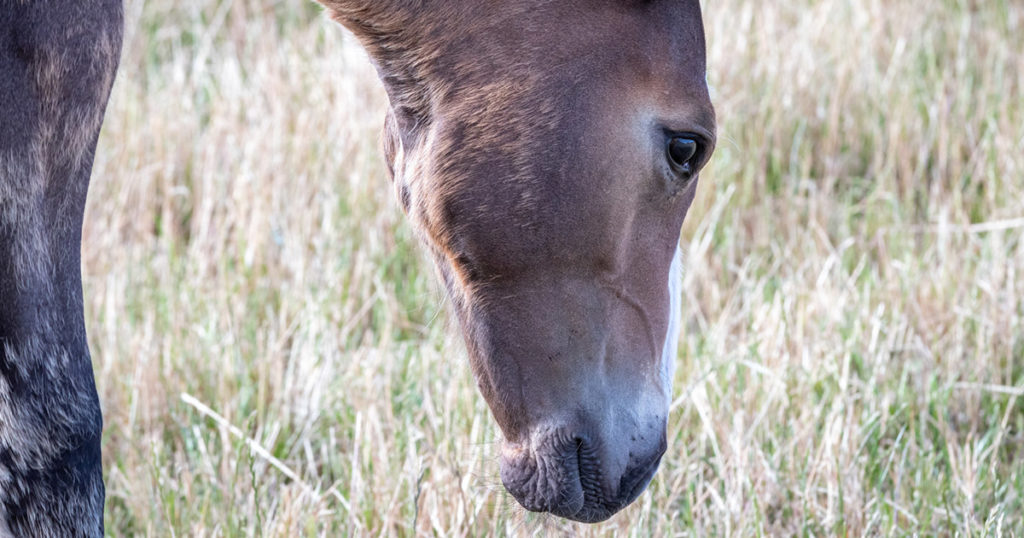
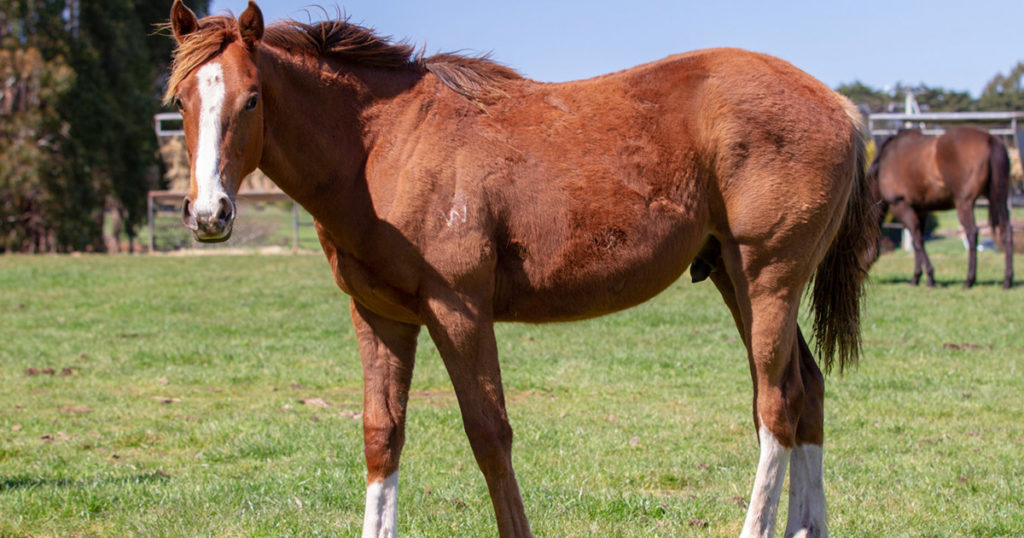
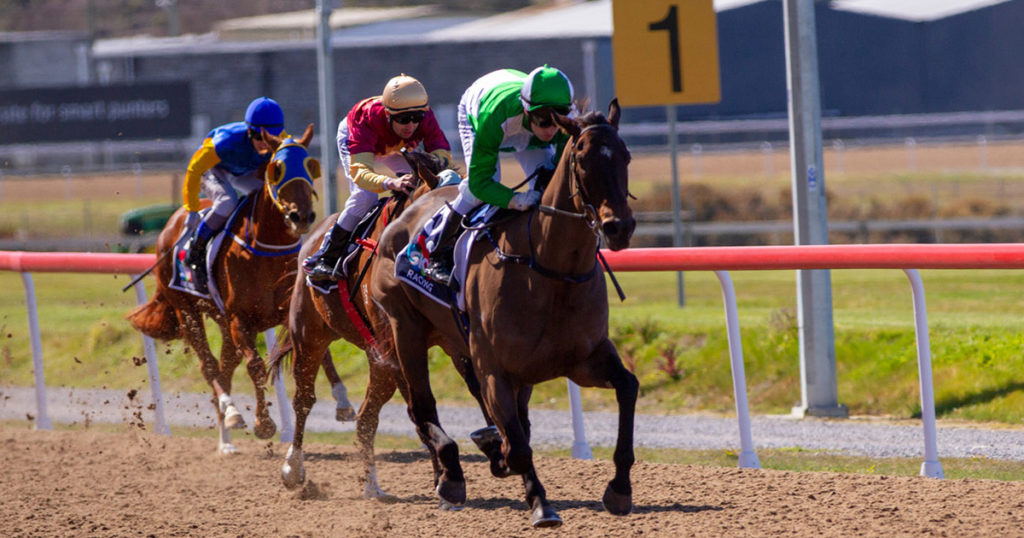
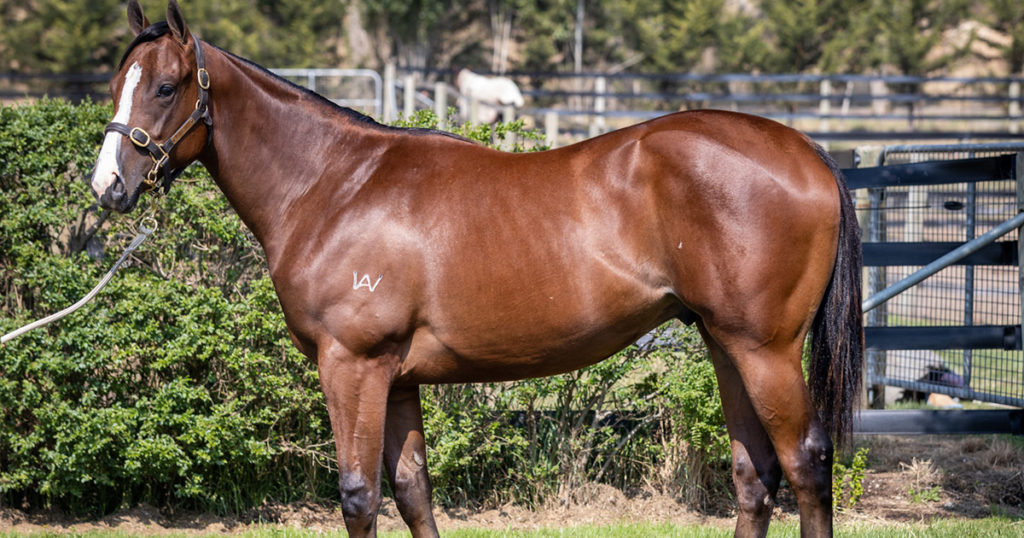
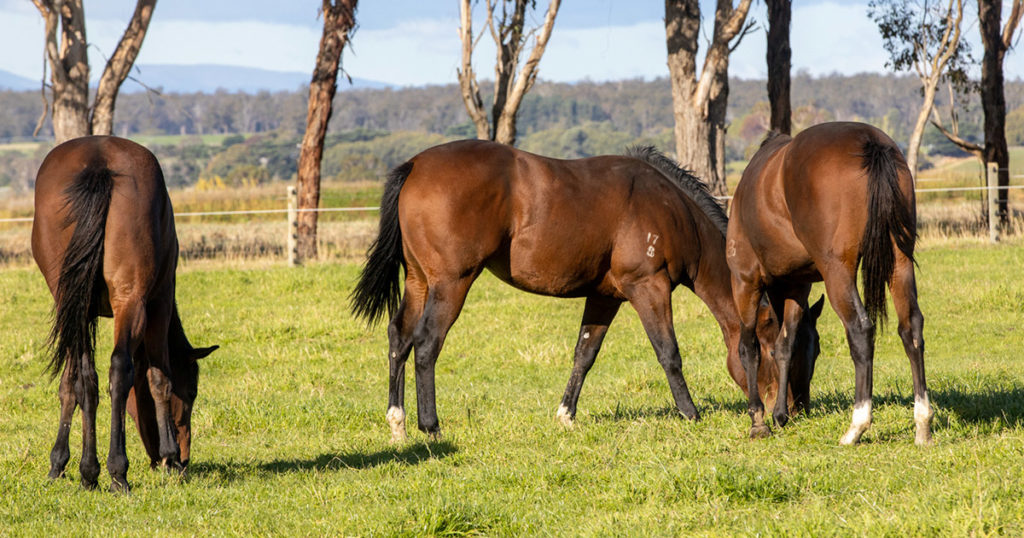
Pingback: Grass, Hay, Fibre and Short Chain Fatty Acids - Optim Equine